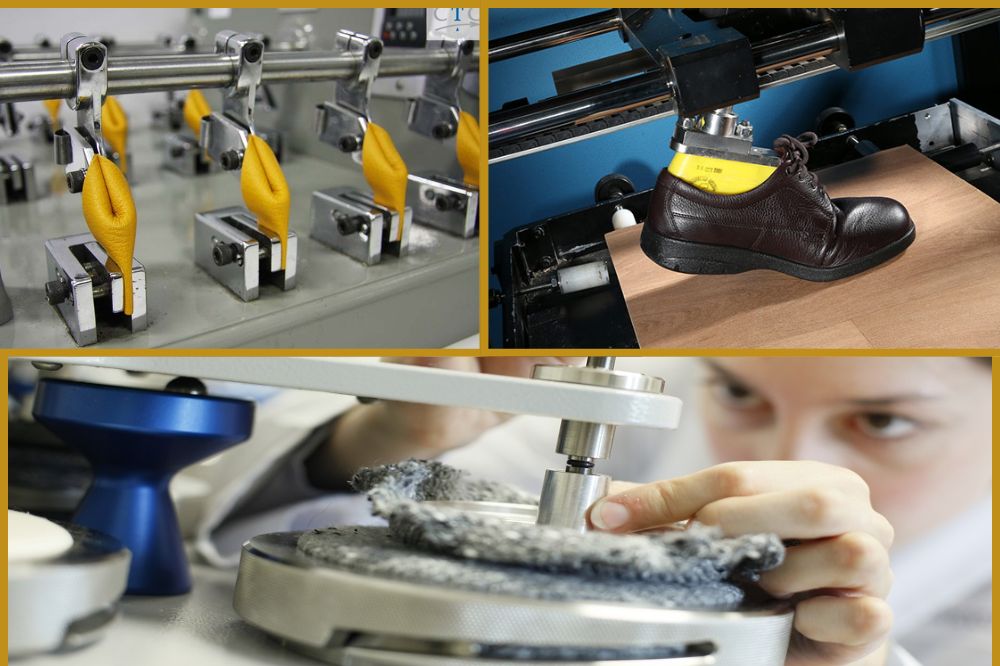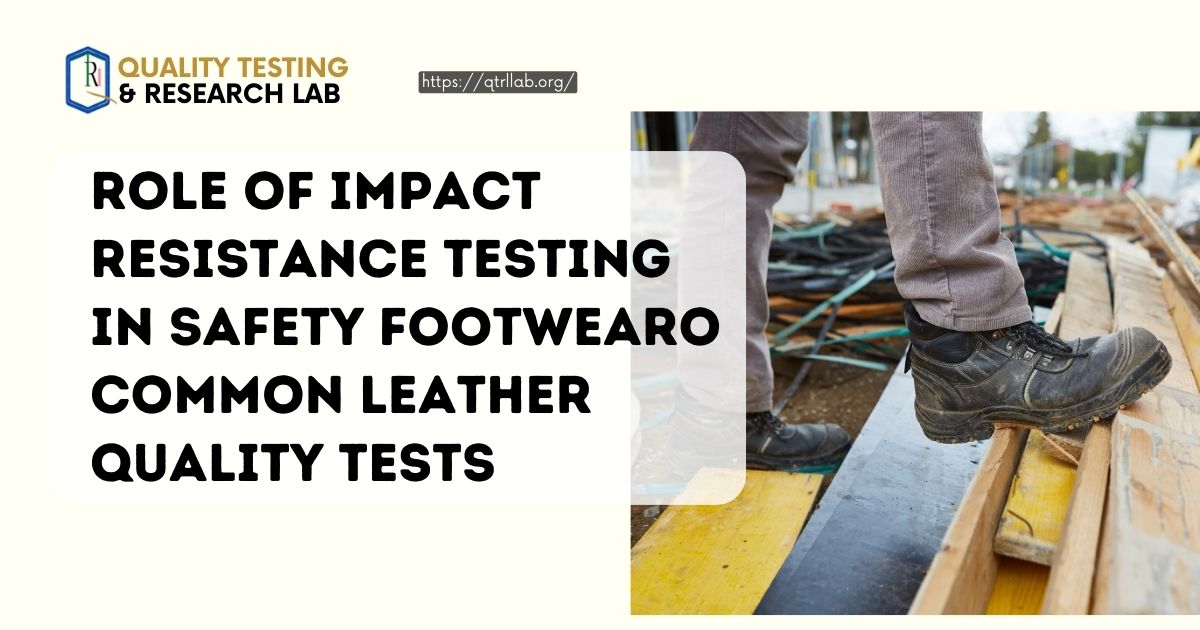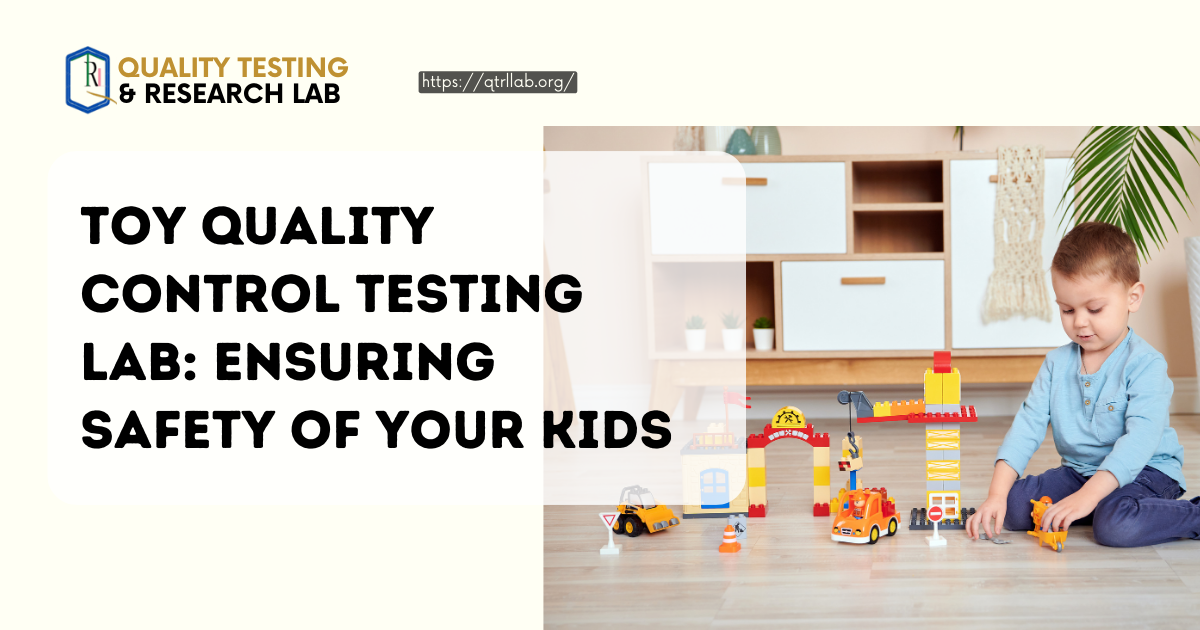Introduction
In the fast-paced world of textiles, where fashion meets function, ensuring that fabrics are not only stylish but also safe for consumers and the environment is paramount. Enter Oeko-Tex, a textile certification standard that has been gaining prominence for its commitment to sustainability and safety. In this comprehensive guide, we’ll delve into the intricacies of Oeko-Tex, exploring what it is, how it works, and why it matters in the textile industry.
What is Oeko-Tex?
Oeko-Tex is not just a certification; it’s a seal of approval that resonates with conscious consumers and responsible manufacturers alike. In essence, Oeko-Tex sets the benchmark for textile sustainability and safety. It is an independent testing and certification system that ensures textiles meet stringent human-ecological requirements, making them safe from harmful substances.
The Oeko-Tex Certification Process
1. Stringent Testing Protocols
Oeko-Tex certification involves rigorous testing at every stage of textile production. From raw materials to the final product, every component undergoes thorough examination to ensure compliance with safety and environmental standards. This includes tests for harmful chemicals, dyes, and finishes.
2. Global Recognition
One of Oeko-Tex’s strengths lies in its global recognition. With testing facilities and partners worldwide, it has become a universally acknowledged standard, providing consumers with confidence in the safety and sustainability of their textile purchases.
3. Modular System
Oeko-Tex follows a modular system with various product classes. This flexibility ensures that the certification process is tailored to the specific characteristics of different textiles. Whether it’s clothing, home textiles, or accessories, Oeko-Tex has a module for it.
Why Oeko-Tex Matters in Today’s Textile Landscape
In a world where the environmental and health impact of textile production is under scrutiny, Oeko-Tex emerges as a beacon of responsibility. Here’s why it matters:
1. Consumer Confidence
Oeko-Tex certification provides consumers with peace of mind. When a product bears the Oeko-Tex label, it signifies that the textile has been tested and certified free from harmful substances. This transparency builds trust between brands and consumers.
2. Environmental Stewardship
With a growing emphasis on sustainable practices, Oeko-Tex encourages manufacturers to adopt eco-friendly processes. From reducing water and energy consumption to minimizing waste, Oeko-Tex certification aligns with the global push for environmental stewardship.
3. Industry Benchmark
Oeko-Tex sets a benchmark for the entire textile industry. By adhering to its standards, manufacturers not only ensure the safety of their products but also contribute to the overall improvement of industry practices. It’s a win-win for both businesses and the planet.
Incorporating Oeko-Tex in Your Lifestyle
Choosing Oeko-Tex Certified Products
In your pursuit of a sustainable and health-conscious lifestyle, choosing Oeko-Tex certified products is a tangible step. Look for the label when shopping for clothing, bedding, or any textile items. It’s a small action that collectively makes a significant impact on the industry.
FAQs About Oeko-Tex
1. What Does Oeko-Tex Certified Mean?
Oeko-Tex certification indicates that a textile product has been tested and verified to be free from harmful substances. It assures consumers that the product meets stringent human-ecological standards.
2. How Does Oeko-Tex Contribute to Sustainability?
Oeko-Tex contributes to sustainability by promoting environmentally friendly practices in textile production. This includes reducing the use of harmful chemicals, conserving resources, and minimizing the overall environmental impact.
3. Is Oeko-Tex Only Relevant for Clothing?
No, Oeko-Tex is not limited to clothing. The certification covers a wide range of textile products, including home textiles, accessories, and more. The modular system allows for a customized approach based on the specific characteristics of each product category.
Conclusion
As we navigate the complex world of textiles, Oeko-Tex stands out as a symbol of commitment to both consumer well-being and environmental sustainability. Choosing Oeko-Tex-certified products not only ensures the safety of what we wear and use but also contributes to a more responsible and conscientious industry. Embrace Oeko-Tex, and together, let’s weave a fabric of safety and sustainability for generations to come.






